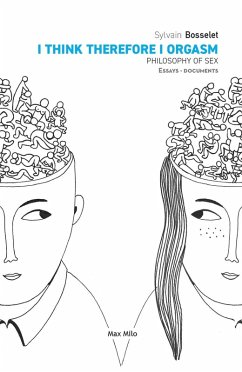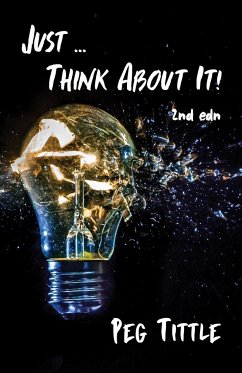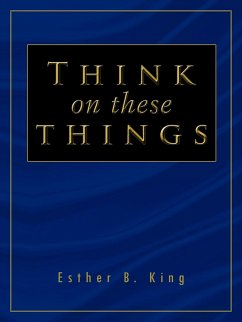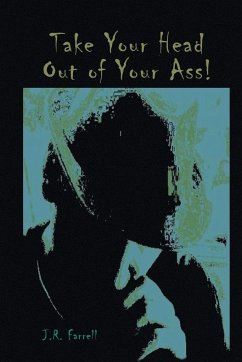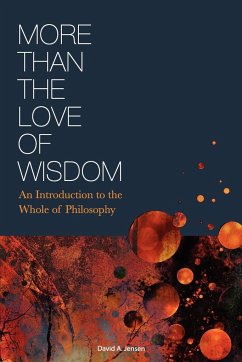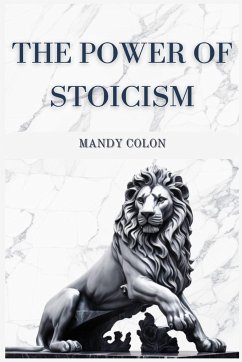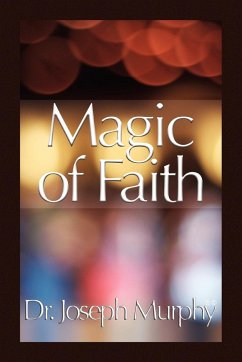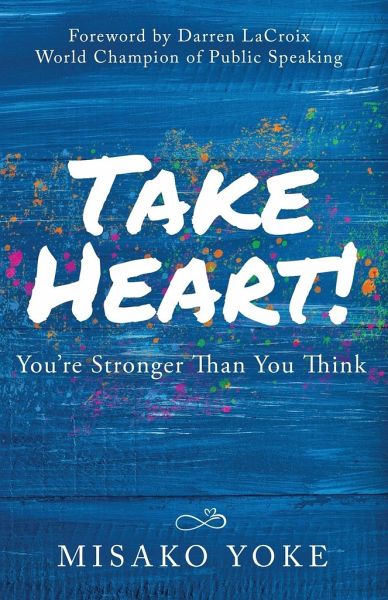
Take Heart! You're Stronger Than You Think
Versandkostenfrei!
Versandfertig in 1-2 Wochen
11,99 €
inkl. MwSt.
Weitere Ausgaben:

PAYBACK Punkte
6 °P sammeln!
Centered upon the inspirational life of author Misako Yoke, Take Heart! You're Stronger Than You Think is a personal-growth book that leads by example. Readers examine adversity through her life stories, Eastern lens, while integrating the GENKI Method, a five-step plan designed to overcome life's hurdles. Learning from the author's mistakes and corresponding revelations, those who seek strength will walk away with vital truths in tow, prepared for all to come. Chapter 1 The story begins in Yokohama, Japan, recounting the difficulties of Misako's early adulthood. Despite the sizable gender gap...
Centered upon the inspirational life of author Misako Yoke, Take Heart! You're Stronger Than You Think is a personal-growth book that leads by example. Readers examine adversity through her life stories, Eastern lens, while integrating the GENKI Method, a five-step plan designed to overcome life's hurdles. Learning from the author's mistakes and corresponding revelations, those who seek strength will walk away with vital truths in tow, prepared for all to come. Chapter 1 The story begins in Yokohama, Japan, recounting the difficulties of Misako's early adulthood. Despite the sizable gender gap, she pursues her career goal and receives a promotion. In time, she gets married but continues to work, not following the Japanese tradition of becoming a housewife. Drive aside, juggling a job and marriage ends in disaster, which culminates in her husband leaving for another woman. Misako trashes their half-empty apartment and collapses in despair, recalling teenage tragedies: extreme poverty, her mother's demise, and her father's later abusiveness. She also remembers the help and wisdom she received from people she encountered along the way: how to handle life's ambushes. Chapter 2 After the divorce, Misako faces further discrimination for her gender and marital status. Thirsting for answers, she hikes up to a mountain hut to see her half-brother, who overcame addiction and landed his dream job in the surrounding range. With his profound questions and advice, Misako begins searching for her authentic self. She then visits the Hikawamaru Ship Museum. Once an ocean liner, the Hikawamaru has long been docked in Yokohama port, but she still looks alive as if she will soon set sail again. Misako decides to take a leap, leave everything behind, and become a solo traveler. Chapter 3 After more than a year of roaming abroad, Misako settles in American Samoa and lands a job as a freelance writer for various Japanese media. Everything is different from where she grew up and traveled: the weather, culture, people, and general way of life. For the first time in her life, she faces systemic racism. She finds herself longing for some familiarity. With the help of a sweet Samoan family, however, Misako learns to navigate these new challenges and focus on what matters. Chapter 4 Misako's writing career is thriving, and she is invited to speak with various Japanese media outlets in Tokyo. A TV agent tells her that her story is perfect for a shallow reality show. As a result, Misako begins to doubt her life choices. When she returns to Samoa, her puppy is hit by a car and dies in her arms. While in mourning, a neighbor's hateful words cause Misako to snap, and an ugly scene ensues. Feeling lost and out of place, Misako blames herself and struggles with deep regret. Aided by her best friend's advice and the Samoan family's support, she pulls herself together, learning pivotal lessons along the way. Chapter 5 Misako gets remarried and moves to the U.S. While her husband working out at sea, a texting truck driver collides with Misako's vehicle. A sheriff shares his wisdom: don't let others diminish your inner strength. Misako joins Toastmasters International, a speech practice organization, to conquer her fear of speaking up. With world champion coaches and his team's support, she dives deeper into long-blocked memories-her father's attempt to commit parent-child suicide, deeply ingrained custom to Samurai descendants, and her mother's strength in stopping him. Misako recognizes that she'd received a second chance, and every effort to realize her full potential is worthwhile.





